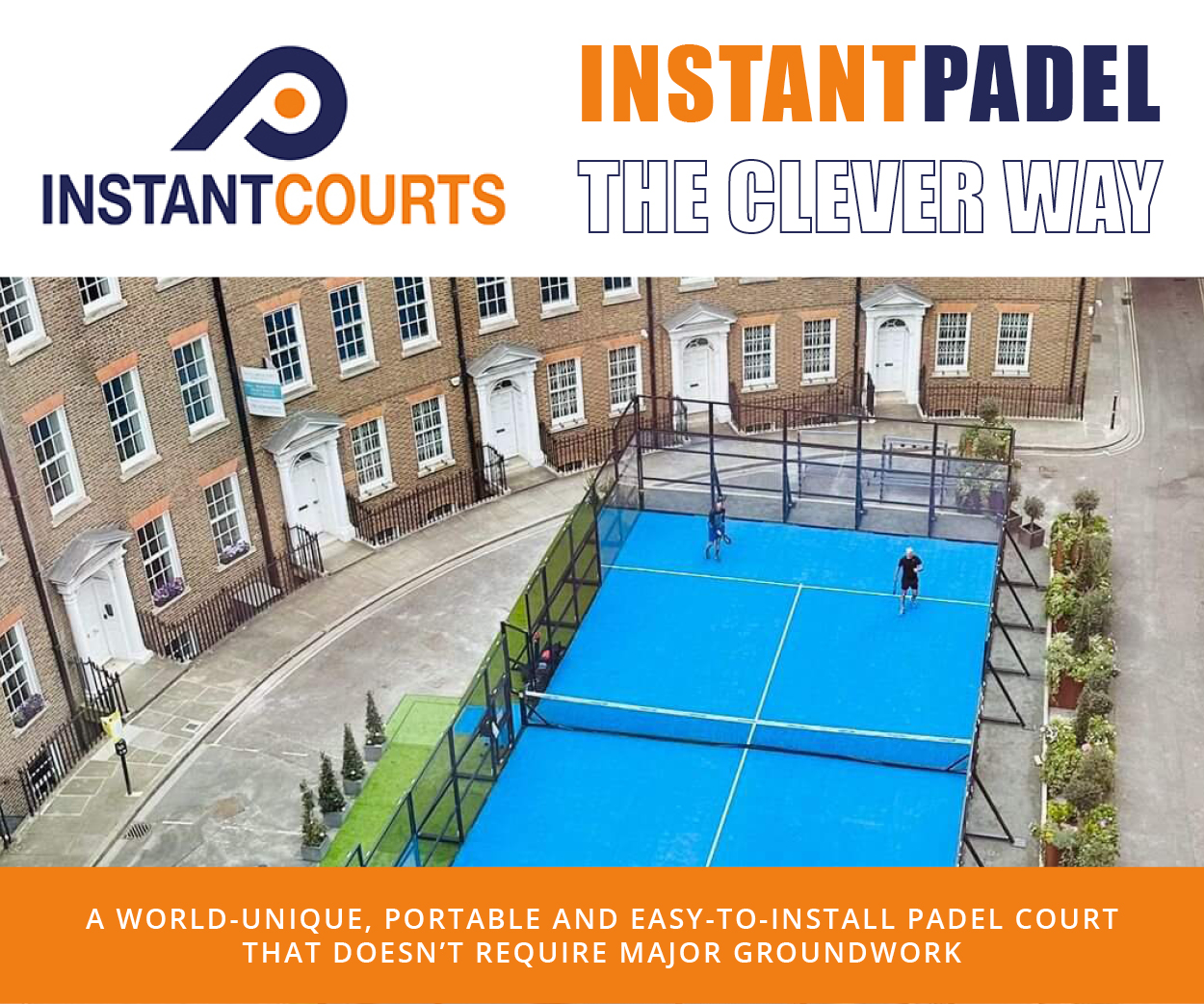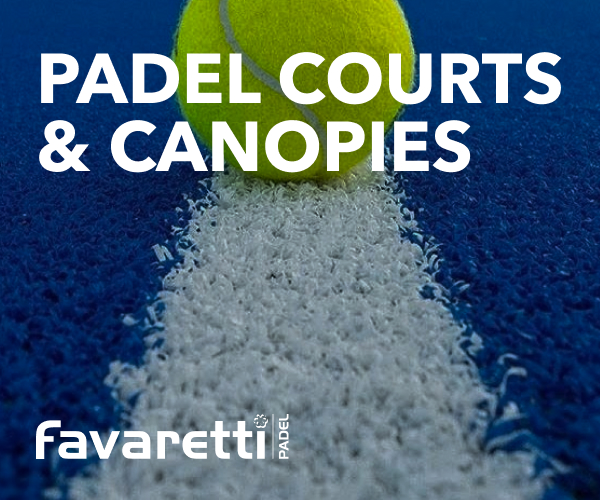Dan Troy is one of the UK’s most highly-regarded padel coaches – and he has revealed to The Padel Paper how he maximises his players’ potential with a forensic and holistic approach.
Colchester-based Dan has been a sports coach and instructor for 25 years, but only discovered padel in 2016 at Padel Club London in Whitechapel. That facility closed the following year, but he had been bitten by the bug and was able to keep learning the game when his brother-in-law Richard Hall-Smith opened a padel club in Prested.
Dan says he has an “almost autistic” approach to analysing patterns of play in all sports. He started to understand padel’s strategies very quickly. He has a degree in Sport and Exercise Science and a specialism in sports psychology and thinks deeply about how to convey the right messages to his athletes (who are all, of course, unique) in the most effective and bespoke ways.
He met Aimee Gibson in 2022 when she returned from a stint coaching tennis in Dubai. Whilst there, she had discovered padel and returned home hungry to learn the intricacies of the game. She turned pro in early 2023 and is now GB No.2 – and credits Dan for her rapid ascent up the rankings.

Although they have worked together less in recent months as Aimee has travelled the world in search of precious ranking points, Dan reveals that they bond over a shared hunger to learn.
“Aimee is just so coachable,” Dans tells us. “She is aggressive with her learning. If she’s not satisfied with something when we’re on court, she’ll say, ‘Show me again, feed me another ball’ until she’s absolutely happy. It shows how much she wants to get it right. When you’ve got someone with that fighting mentality, it just makes coaching so much easier.
“Wanting to learn is paramount because winning is a by-product of learning. This is what Aimee has really taken to: eating properly, gym work, stretching, recovery, ice baths, watching padel, doing your research, seeing how other professionals approach the game. I’ve sent her books to read and documentaries to watch.

“If you want to be elite, it’s the whole package, not just court time. Everyone practises on court, so what are you doing off court to really enhance yourself and stand out? This is the 99% that no-one sees. This stuff may not benefit her immediately, but in six months or a year, you’ll see the results. I don’t think a lot of young padel players realise yet that this is what it takes to succeed.”
Two of Dan’s other protégées who will be left in no doubt about what’s required are Chloe De La Mare and Rosie Quirk, aged 13 and 14 respectively (pictured below). They caught the eye in Bristol last month by becoming the youngest ever winners of an LTA Grade 2 tournament, beating the likes of Ellie Tait and Karen Hazzard en route to the trophy.

“What was so pleasing about their performance was I don’t remember either of them hitting a stupid shot,” states Dan. “Sure, they missed some, but the shot selection was amazing. Their manner was infectious. They missed a point and just giggled. There’s a freshness about them and people gravitated to their court and watched them.
“It’s fantastic to have young talent coming through – now they need funding behind them. It would be great to focus on today’s 12-14-year-olds so they progress along with the sport’s development in this country. For the good of the sport, I want those girls to be beating Aimee and Tia [Norton] in a few years time and pushing for world top 50 – but we need a solid system behind them.”

Dan shares the impatience of many others about the pace of the sport’s development in the UK and says there needs to be “a massive focus on coaching.” However, he understands that we are further behind on the curve than many other nations and “playing catch-up.” He adds: “The infrastructure is coming, we’re building all the time.”
He is equally happy building the base of the padel pyramid by coaching at grassroots level at clubs across the south east of England and beyond, as well as working with elite juniors and seniors. “Some of the most rewarding coaching experiences I have are with beginners, because you can see that progression,” he says. “I just want to get the absolute best out of every single player.”









































